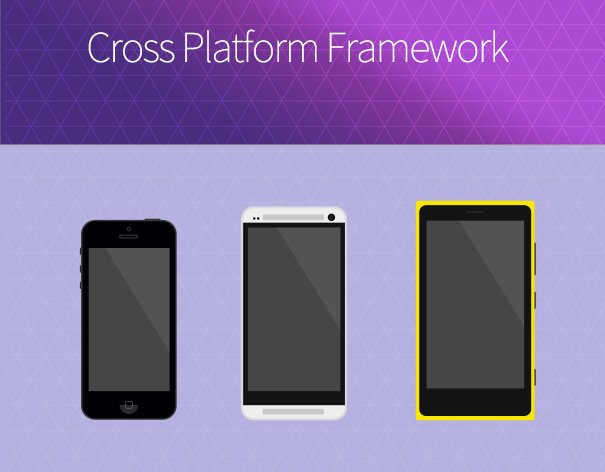Introduction
To capture attention of consumers with a view of converting them from viewers to customers in these technological times, one needs to have a branded mobile application designed for the same purpose. However, developing a mobile app for the same purpose on your own is not in any way an easy task. A good number of options are likely to impede your will and focus of making such an offering for yourself and your own business.
You might wonder when to focus on the on the cross-platform functionalities via very powerful frameworks for example PhoneGap or to generate such offerings via useful native tools. You might wonder which of these two paths is economical or which of these two paths offers efficient solutions for your brand. This article is meant to help you appreciate the advantages and disadvantages of each of the two sides and to help you to make a decision on which way you would like your business to take.

What is the difference between Native Application Development and Cross-Platform Application Frameworks?
The most important difference between the aforementioned two paths manifests in your end result. Taking each of the two paths is likely to bring an outcome that differs from one that results from taking the other path.
Native application development focuses on development of competent designs that stay close to their target platforms for example iOS and Android while avoiding the complexity of coming up with a product that is sustainable and can span many platforms in the process. The cross-platform frameworks focus on generation of apps which reach the highest possible number of the brand’s followers by ensuring that their product is compatible with a large number of end user devices.
Benefits of Native Application Development
• It is definitely simpler to develop an application while adhering to a single platform. You need shorter time, fewer resources and less expertise to develop an app with native approach when compared to what you will need so as to develop an application using cross-platform frameworks.
• Native application development can be a viable and great option if the audience you are targeting in your business exists purely on a single platform or a single portion of the vast mobile market.
Advantage of Cross-platform Framework
Jim Cowart of the Developer Economics argues that this style of app development holds the future of this competitive industry by showing exactly how this style makes it much faster, easier and cheaper for any firm to develop a series of mobile compatible apps across virtually any platform that you can imagine of. There is wide number of frameworks which are worthwhile for you to consider. As present times, the rise of these very powerful cross-platform options is at its best.
There is a substantial number of APIs that cover networking issues like networking, threading and animations.
Of all the APIs you are likely to see on these powerful frameworks – PhoneGap is by far the biggest of all the others. The endless benefits you are likely to experience while using PhoneGap include:
• Ability of this API to use HTML, CSS and JavaScript programming languages. This ensures that professionals use their skills perfectly.
• PhoneGap utilizes its access to native device APIs and services of app installation to enhance its discoverability on app stores.
• PhoneGap has been known and used for a good amount of time by now thus understanding on it has increased immensely over the years. This has enhanced the flexibility and power of this app immensely.
• The app incorporates value-adding offerings which you are likely to enjoy so much like the cloud integration ability.
Conclusion
It is crystal clear from the discussion above that we are moving into a future where having applications that are compatible with a vast number of devices and operating systems is actually the way to go. This means that cross-platform approaches are more likely to survive into the future than the more direct native application development procedures which make rather rigid apps. As at now, it is unsurprising to learn that a good number of leading brands across the globe have already crossed over and delved heavily into using the cross-platform frameworks for development of their apps. In actual sense, cross-platform networks appreciate our diversity; we all have different preferences in the devices and operating systems we use. Cross-platform frameworks look to come up with applications that will be compatible with all our devices.
